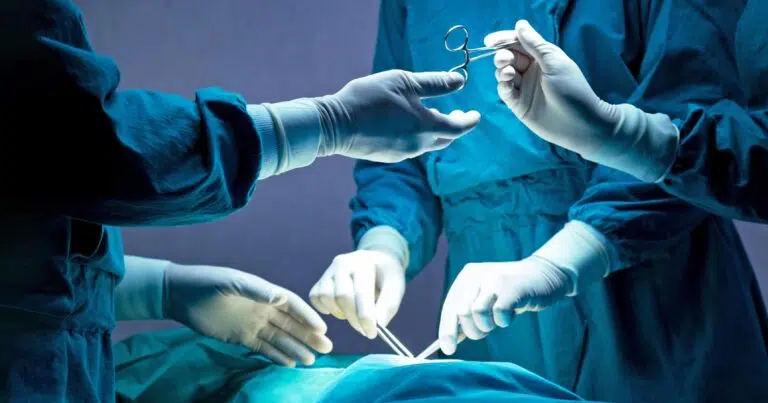Pathologists' Assistant Career Guide
Looking for a different career guide?
Overview
Pathologists' Assistants (PAs) are skilled healthcare professionals who work alongside pathologists in various medical settings, primarily in hospitals and diagnostic laboratories. They play a vital role in the diagnosis and treatment of diseases by assisting with autopsies, surgical pathology procedures and specimen dissection.
Essential Job Functions:
Staff and Travel Pathologists' Assistants prepare and dissect tissue specimens obtained during
Education
To become a Pathologists' Assistant, aspiring individuals must complete a Master's degree program in Pathologists' Assistant Studies. These programs typically last two years and combine classroom instruction with hands-on clinical training.
Qualifications

Skills
Successful PAs possess excellent attention to detail, strong analytical skills and a deep understanding of anatomy and pathology. They must also have good communication skills to collaborate effectively with pathologists, laboratory staff and other healthcare professionals.
Responsibilities
Pathologists' Assistants assist in surgical procedures, dissect and prepare tissue samples, process and analyze specimens and contribute to the preparation of reports for diagnosis. They play a key role in accurate disease diagnosis and treatment planning.
Salary Insights
The average salary for a Pathologists' Assistant is $3,056.24 per week.
Last updated on December 20, 2025. Based on active jobs on Vivian.com.
Pros & Cons
Becoming a Pathologists' Assistant offers the opportunity to contribute significantly to patient care by assisting in the accurate diagnosis of diseases. It's a role that combines scientific knowledge with hands-on technical skills.
However, the job can be emotionally challenging, particularly when dealing with sensitive cases or autopsy procedures. The role may require long hours and the ability to work in a
Some of the content on this page was enhanced using artificial intelligence.
Join over 1 million healthcare workers that are getting a head start with Vivian.
Join Vivian





